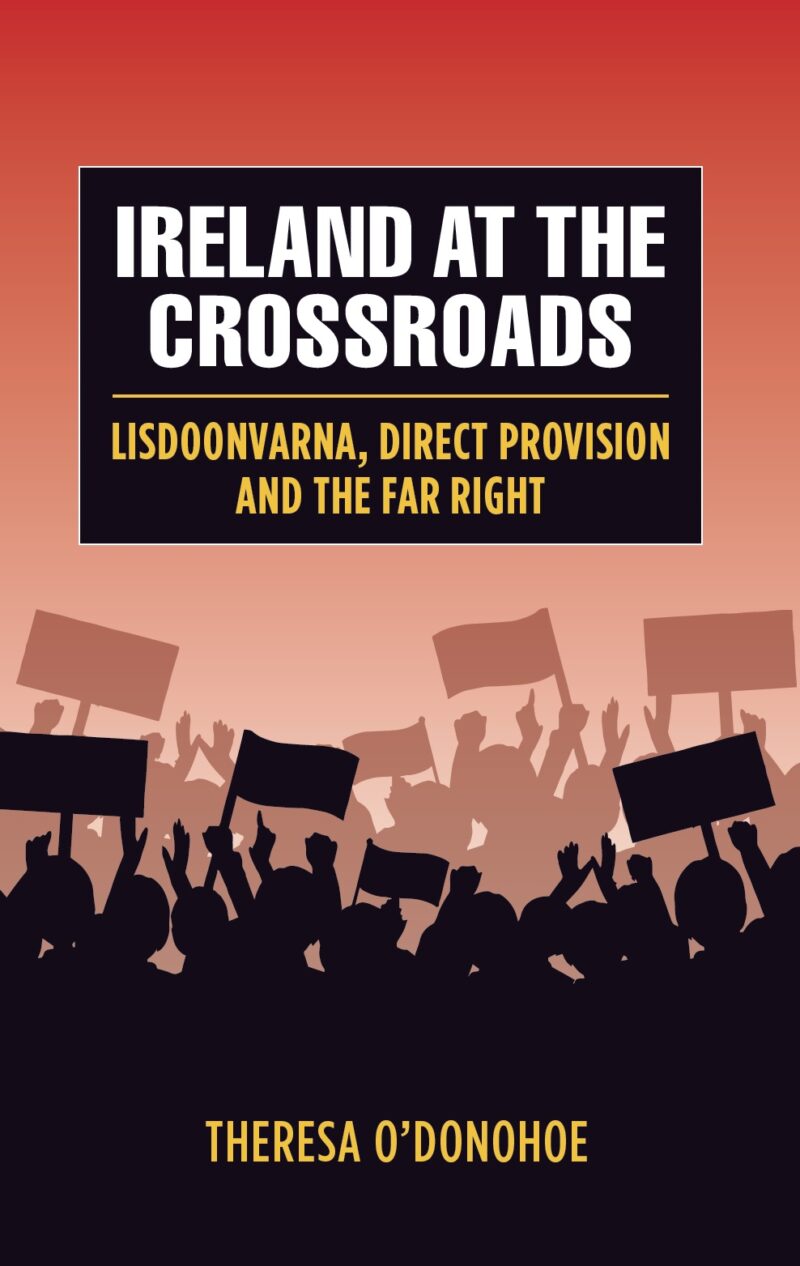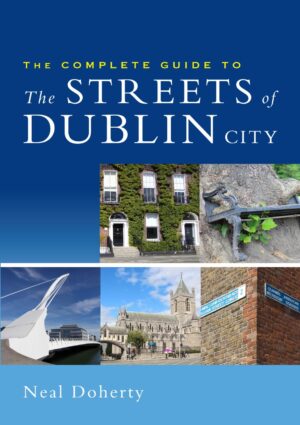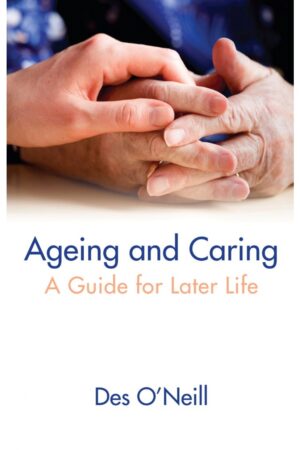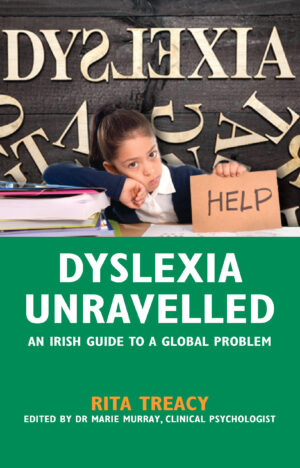Breaking News: Confusion, anger, and division set in as news leaked that a Direct Provision centre for 115 asylum seekers was being opened in Lisdoonvarna in February 2018. Stories of robbery and rape, along with videos of riots and destruction, were fuelling racism and hatred. Wires were crossed, anger was rising and feelings were mixed as the community responded to the news.
The far right spotted an opportunity and moved in to stoke up fears and tensions, while ordinary people tried to balance their desire to help asylum seekers with their concerns about the lack of consultation from the government and worries about inadequate supports.
The pattern has been repeated around the country, including Oughterard, Moville, Roosky, East Wall, Ballymun and elsewhere. In Ireland at the Crossroads: Lisdoonvarna, Direct Provision and the Far Right, local community activist Theresa O’Donohoe traces the ways in which the far right co-opted legitimate concerns about a lack of consultation and the housing crisis, twisting narratives to feed their own agendas and fuel racism. She explores the links between those leading the Direct Provision protests and other far-right issues, such as Covid denial, freedom and ‘patriotism’, and how, if not confronted, fascism will grow in this country.
Ireland at the Crossroads is required reading for anyone wondering how the land of 100,000 welcomes got to here, and what to do about it.
Theresa O’Donohoe is a qualified mediator and sustainable community development facilitator. She has lived in Lisdoonvarna since 2015. She played a lead role in facilitating the community response to the opening of a Direct Provision centre in Lisdoonvarna and was personally targeted by the far right for her stance. This book is her story, setting the record straight.







Neil Leslie –
For a small town near Ireland’s wild western seaboard, Lisdoonvarna is an unlikely melting pot, but even its name has become celebrated in song as a byword for diversity.
From music festivals to matchmaking fairs, for decades it has drawn a rainbow of tribes to its handful of streets and fields nestled between the Burren and Atlantic. The 2016 census recorded a third of the town’s full-time residents as non-Irish. So it’s maybe no surprise that in 2018 it became the petri dish for an experiment by Ireland’s fledgling far right to cultivate a toxic, anti-migrant culture.
That story of how Lisdoonvarna became one of the first battlegrounds in the culture storms that are now gathering all around us is told here in a vivid insider account. Experienced community activist Theresa O’Donohoe played a leading role in how the local community responded to a bombshell announcement in 2018 that a hotel in the town was to become a Direct Provision Centre for 115 asylum seekers.
The news sparked uncertainty, fear and loathing in the town which was adopted as a cause celebre by Ireland’s nascent extreme right. ‘Ireland at the Crossroads: Lisdoonvarna, Direct Provision and the Far Right’, is the author’s story of being in the eye of that storm – a storm that has since engulfed other places around Ireland, from Rooskey to Moville, and East Wall to Ballymun.
Her account is part diary, part eyewitness testament, part community how-to guide. But mostly it is a rallying call for active citizenship.
It’s also a warning about the personal consequences of speaking out in a growing climate of hate – and the even graver societal consequences of staying silent.
Told at the urgent pace of a frontline dispatch, it outlines how the town adapted from the early days when the community voted overwhelmingly against a hotel contract to house a direct provision centre – for multiple different reasons – to today where immigrants are plugged into local life and an additional 900 Ukrainian refugees are housed in the area.
There were lots of pitfalls – and cups of tea – along the way.
The book outlines how opinion in the community was splintered and divided on many aspects of how the decision was made and executed. Friendships were sundered and new alliances formed.
Latching on to the town’s ‘no’ vote, outside far right elements soon began to take an active interest in Lisdoonvarna. And particularly in those speaking out in favour of housing asylum seekers like O’Donohoe.
The book offers a disturbing first-hand insight of how it feels to stand in the full glare of that far right hate, spewing from what is increasingly a highly organised and widespread social media network.
It unpicks how many of the same elements fan flames of discontent on a range of other issues from Covid 19 to minority rights. And how their populism and threat to democracy is deliberate, organised and growing.
Since Lisdoonvarna in 2018, more and more communities have been asked to grapple with the same dilemmas detailed here. How to square our idea of ourselves as the land of 100,000 welcomes with the genuine fears whipped up by the waves of immigration sparked by the 21st century permacrisis? Waves that are only going to grow bigger as the climate crisis bites. How to embrace our own emigrant identity and diaspora while the hashtag ‘Ireland’s Full’ trends on social media?
O’Donohoe’s account vividly shows how that same social media has made these contradictions and circles harder to square. It has facilitated conspiracy, suspicion and ultimately the polarisation which is now paralysing the world’s democracies.
This story is an anatomy of what happens when the culture wars raging at a global level play out in a small community.
It is a timely warning of how those with far right and fascist agendas will gleefully step in when the state leaves an information vacuum in communities. And an insight into how simple community actions and citizen activism can make the space for the problem to begin to be talked about, and for divisions to start to heal.
Like other communities since, people in Lisdoonvarna had major reservations about Government policy, resource management and economic justice issues. Enough of them decided to reject the hatred peddled by the far right as a solution. But ultimately the author concludes that far too many good people remain voiceless in a “silent majority” – either fearing to speak out or choosing not to do so.
O’Donohoe’s account here stands as a warning about what happens to debate when that middle ground gets silenced and scorched and when communities are short-changed with a democratic deficit by politicians who have lost interest.
It’s a reminder that with the gathering storms of climate and culture wars, we will all have to decide which side are we on. There will be many more chats over cups of tea ahead. Silence, it seems, is no longer an option.
Paul Manning –
What I imagined was going to be a difficult read (because of an ingrained loathing of injustice), turned out to be compulsive and fascinating. I say difficult because it causes me great pain to see how Ireland of the thousand welcomes treats people who find themselves in a situation that parallels what happened to the Irish in the mid 19th century. I had seen the protests in Ballymun and East Wall and now find myself residing next door to a proposed refugee accommodation in Listowel, with the same fears and protests playing out.
It is frustrating to see the same thing happening again and again, with the same reaction, for the same reasons. There seems to be an inability, on the part of our local authorities and national government, to address this in a sensible and pragmatic manner. Information seems to leak out initially, and then continue to seep out over time. The lack of clear and well communicated information creates an environment for disinformation to spread. As was the case in Lisdoonvarna, this creates a fertile ground for the far right to mobilise.
The author uses her extensive and comprehensive experience of community action to address imbalances, and chart a course through the difficult waters of social integration, while at the same time shrugging off personal attacks that would deter the bravest amongst us. She harnesses a “collective wisdom” to forge the path that works for all.
The narrative expands outward from Lisdoonvarna and addresses issues such as travellers rights, gender equity, racial equality, and homelessness, among others. Refreshingly, between pages 120 and 122 actions are listed which serve as a blueprint for how things should be done. This is the distillation of the aforementioned collective wisdom. The community knows what to do, and how to do it, and with guidance will develop robust and inclusive strategies to deal with the realities of modern life.
Instead of dealing with social issues on an individual basis, where each is contained within its own silo, a wholistic view, should be taken. The homelessness crisis, traveller issues, refugee integration, and a host of other social issues need to be addressed in a way that avoids pitting them against each other but fosters an atmosphere, where the rising tide lifts all boats.
For anyone with the slightest interest in what has been happening in Ireland, and further afield, in recent years, this is essential reading. Not just because it is an excellent account of a very local issue, but also because it provides a clearly defined strategy for the resolution of similar issues on a global scale.